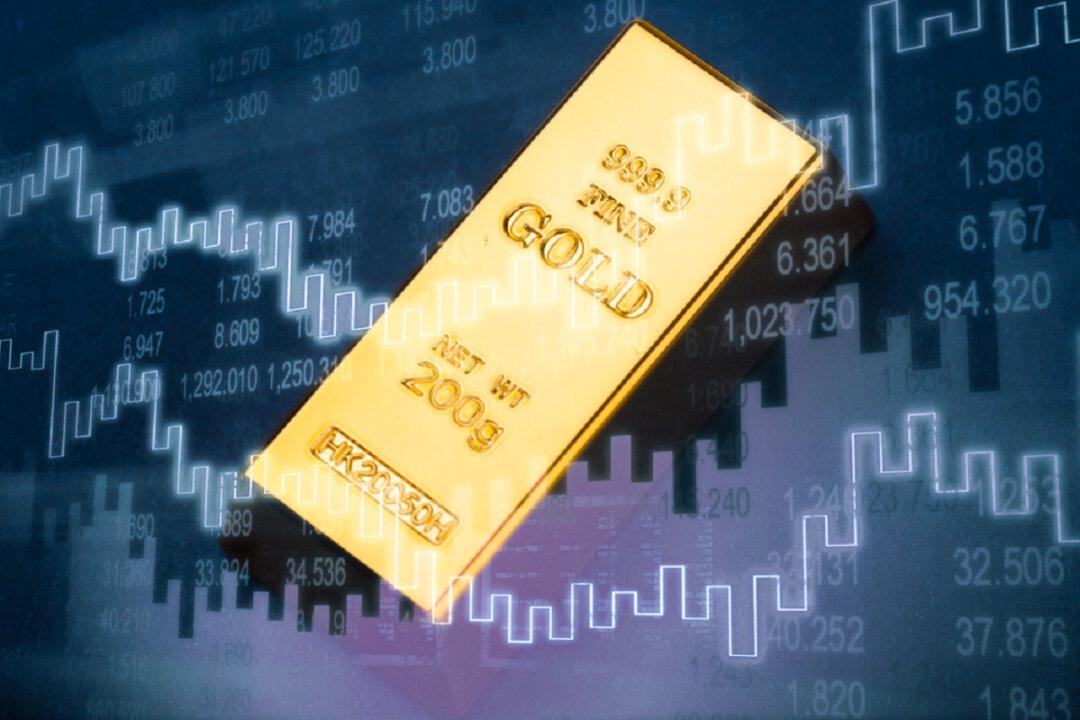Amid China’s current economic downturn, the Chinese people are flocking to buy gold since its value is more likely to remain stable over time, and even the Chinese regime increased its holdings by 30 percent last year. Gold prices have continued to rise since the end of last year given the increased demand.
On March 1, the gold futures price in New York was $2,092.15 per ounce, up 1.82 percent from the previous trading day.




